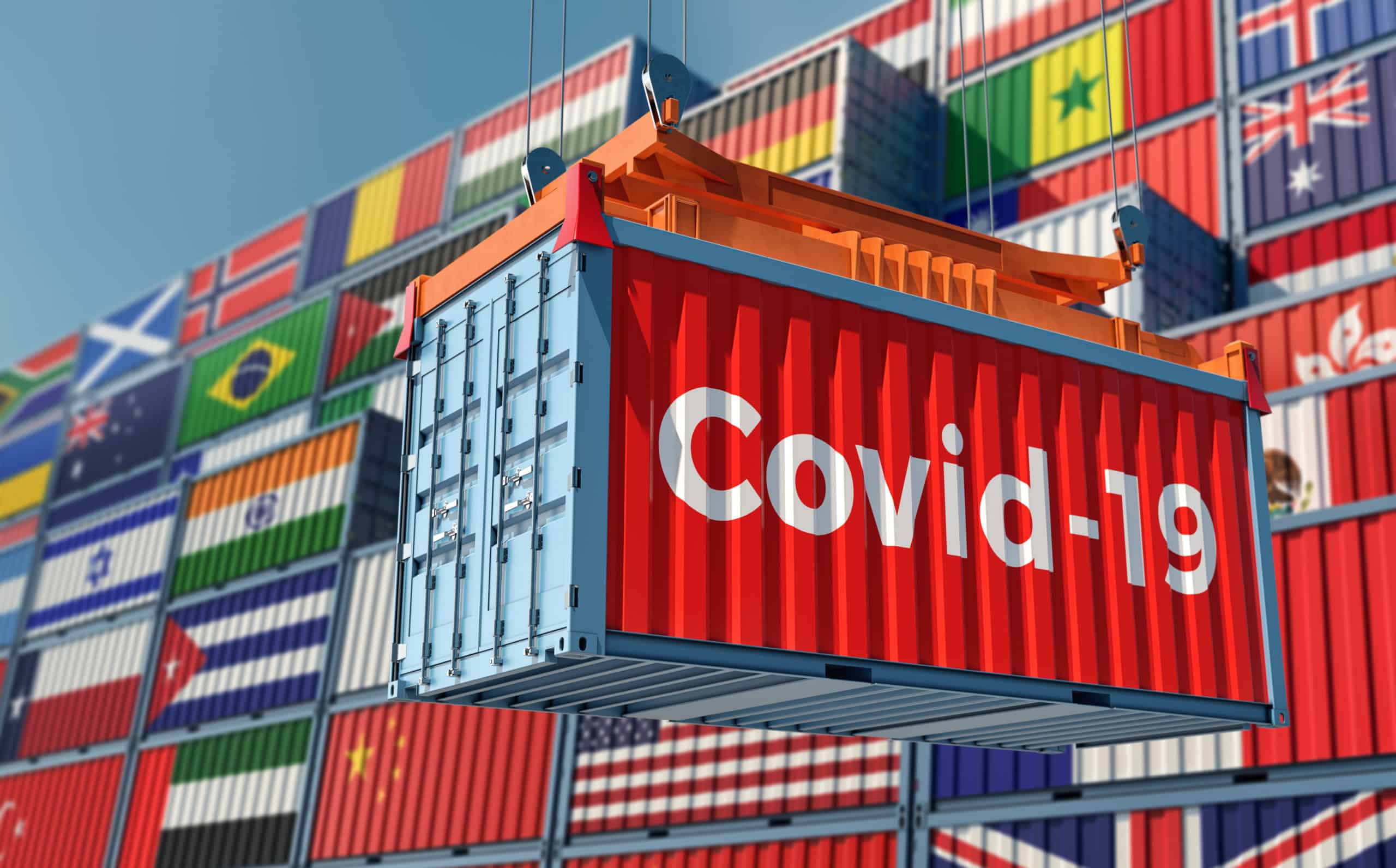MOVEMENT OF GOODS AND SERVICES
The movement of goods and services has also been disrupted to a great extent. The closing of national and international borders has meant that freight movement is also facing delays and cost overruns. In this situation, traders need to keep track of the situation in different countries and execute their current transactions accordingly. In order to keep international trade going, traders could avail the help of global trade management software that allows them to keep an eye on all transactions.
TRADE PROMOTION
Another development in the field of international trade is the declining levels of trade promotion. The organic demand for products and services has been seen a significant reduction in recent weeks. This reduction in demand needs to be offset by increasing trade promotion activities. However, this is not feasible at the moment because the execution of such promotions could prove to be highly challenging.
VAT AND IMPORTS
There is some relief to traders in the form of policy decisions related to VAT and imports. For example, the EU has already announced a waiver of all customs duties and VAT on the import of medical equipment. Similarly, some governments have temporarily relaxed the deadlines related to payment of duties and taxes. This development has provided much-needed relief to traders in Europe and the UK. However, traders must keep track of the latest developments in this regard.
DOCUMENT FOR EXPORTS
The time taken to process the documents for export has increased significantly. This is because many such documents, including letters of credit, are processed by local and international banks. The temporary closure of such banks has meant that exporters are facing delays and additional hurdles. Export documentation has become a major challenge for those exporters who do not have access to any global trade management software. It is advisable that traders of all sizes choose to implement such software programs in order to streamline their imports and exports.
THE IMPACT OF THE CRISIS ON BREXIT TRADE TALKS
The coronavirus crisis has also meant that Brexit trade talks have been delayed indefinitely. Although the UK has left the EU at the end of January 2020, the country is still in a transition phase. The UK still needs to negotiate trade deals with trading blocks and nations around the world. However, these plans have been put on hold because national governments have other priorities at the moment. The coronavirus crisis has resulted in increased uncertainty related to Brexit trade talks, and this could have a huge impact on traders that are involved in international transactions.
YOUR COMPANY’S NEXT STEPS
Thus, it is evident that there are multiple challenges that are being faced by traders when it comes to executing transactions during these uncertain times. In order to deal with these challenges, traders need to avail the services of trade experts. Organisations such as OCR Trade Management offer global trade management solutions that could help you in minimising the risks involved. Our global trade compliance software ensures that you are able to keep a tab on of all transactions related to your business. For more information about our global trade management offerings and solutions, please contact us.




